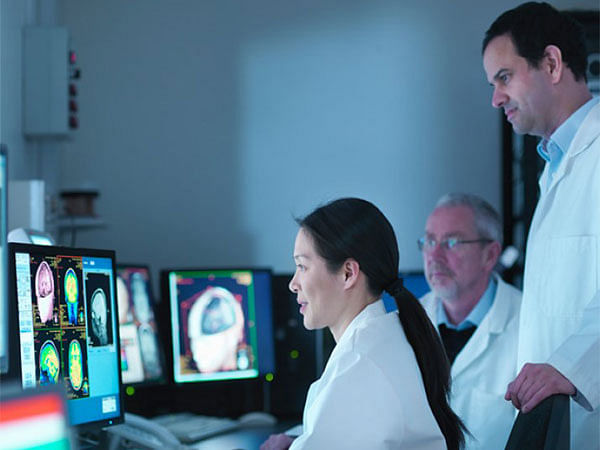New Delhi [India], July 10 (ANI): Artificial intelligence (AI) is expected to transform work done by researchers and healthcare professionals, yet the adoption of AI for work use remains low, even with the popularity of platforms like Bard and ChatGPT, according to a new study by Elsevier, a global leader in scientific information and data analytics.
The ‘Insights 2024: Attitudes toward AI’ report, based on a survey of 3,000 researchers and clinicians across 123 countries, revealed that both groups see AI as having the greatest potential in accelerating knowledge discovery, increasing research output, and saving costs.
However, to maximize the use of AI, both groups have specific concerns that need to be addressed: they want assurances of quality content, trust, and transparency before integrating AI tools into their daily work.
The majority of clinicians and researchers said they believe in AI’s potential to help them and their organizations in their work: 94 per cent of researchers and 96 per cent of clinicians think AI will help accelerate knowledge discovery; 92 per cent of researchers and 9 per cent of clinicians think AI will help rapidly increase the volume of scholarly and medical research.
In terms of cost savings, 92 per cent of researchers and clinicians foresee cost savings for institutions and businesses. Further, 87 per cent think it will help increase work quality overall, and 85 per cent of both groups believe AI will free up time to focus on higher-value projects.
However, both respondent groups fear that the further rise in misinformation could impact critical decisions.
95 per cent of researchers along with 93 per cent of clinicians believe AI will be used for misinformation; 86 per cent of researchers and 85 per cent of clinicians believe AI could cause critical errors or mishaps; 82 per cent of doctors in India are concerned that physicians will become overly reliant on AI for clinical decisions; 79 per cent of respondents are concerned that AI will cause societal disruptions, such as unemployment.
Researchers and clinicians expect tools to be based on high-quality, trusted content and want transparency about the use of generative AI: Transparency is key: 81 per cent of researchers and clinicians expect to be told whether the tools they are using depend on generative AI.
“AI has the potential to transform many aspects of our lives, including research, innovation, and healthcare, all vital drivers of societal progress. As it becomes more integrated into our everyday lives and continues to advance at a rapid pace, its adoption is expected to rise,” said Kieran West, Executive Vice President Strategy at Elsevier.
“Researchers and clinicians worldwide are telling us they have an appetite for adoption to aid their profession and work but not at the cost of ethics, transparency, and accuracy.”
“This report has highlighted the steps that need to be taken to build confidence and usage in the AI tools of today and tomorrow.”
Elsevier is part of RELX, a global provider of information-based analytics and decision tools for professional and business customers. (ANI)
This report is auto-generated from ANI news service. ThePrint holds no responsibility for its content.



